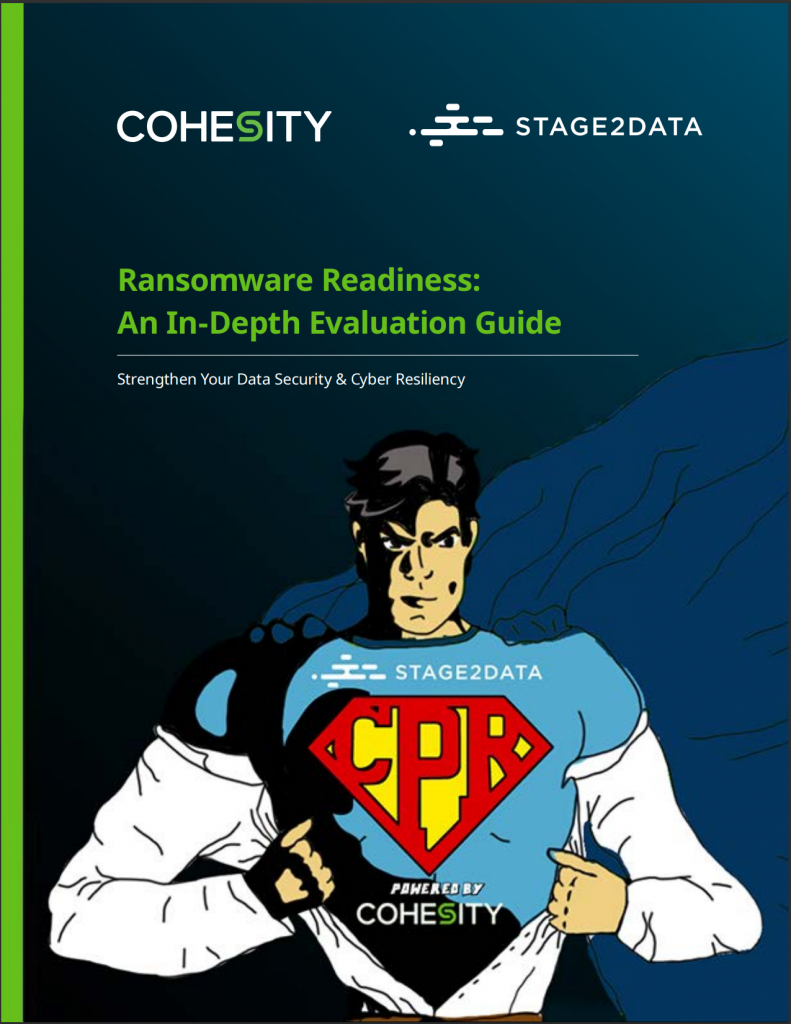Written by Bruce McKnight on . Posted in S2D Blog
Enterprise archiving is an offsite archiving service for data contained in enterprise applications. An enterprise archive has two main jobs: preserving data for years, even in the case of disasters, and making it easy to retrieve specific data on demand.

Why is Enterprise Archiving Needed?
Companies amass huge amounts of legacy data, often including data that has no remaining profitable use. Due to legal restrictions, companies often cannot delete some documents among this data, such as medical and financial records. This causes enterprise applications to become swamped with useless legacy data, filling up data centers and cluttering up directories. It is usually much cheaper and more efficient to dump this data into an archive.
Enterprise applications are often used by vastly different departments with vastly different styles of organizing and presenting data. As a result, the applications amass huge amounts of data in various structured and unstructured forms, indexed in a variety of ways, and stored in a variety of formats. Storing and indexing this data requires the particular data storage solutions provided by enterprise archiving.
Key Enterprise Archiving Features
An enterprise archiving solution has the following solutions:
- Scalability. Enterprise applications generate immense amount of data, at often unreliable speeds. Scalable archiving solutions allow for constant efficient increases to storage capacity, no matter how quickly or slowly your legacy data is growing.
- Mandate Compliance. An enterprise application needs to meet mandated standards for auditability and immutability. This backup must be above all legal challenge and doubt.
- Application Compatibility. The archive should be tailored to allow for easy transfer to and from the application.
- Long-Term Dependability. Using redundancies and advanced archiving techniques, an enterprise archiving service should be able to ensure decades of perfect data fidelity.
- Lower Cost than Application Storage. Even with all of the above features, it is difficult for any company to commit to a storage solution that costs more than storing data on their own servers.
How Enterprise Archiving Works
Enterprise archiving avoids issues with different formats and structures by converting all data to a universal markup format, typically xml. This allows all data to be retrieved and viewed through the same search function. If organized correctly, an enterprise archive should allow any piece of data should be accessible in less than two seconds of searching.
Who to Choose for Enterprise Archiving
The best vendors for enterprise archiving offer turnkey solutions that are ready to use with no additional training, IT integration, or additional work on your end. For more information, contact our Stage2Data team today.

